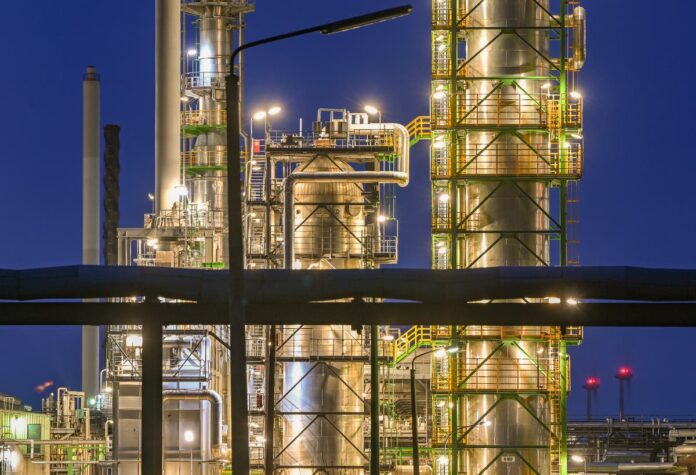Your support helps us to tell the story
From reproductive rights to climate change to Big Tech, The Independent is on the ground when the story is developing. Whether it’s investigating the financials of Elon Musk’s pro-Trump PAC or producing our latest documentary, ‘The A Word’, which shines a light on the American women fighting for reproductive rights, we know how important it is to parse out the facts from the messaging.
At such a critical moment in US history, we need reporters on the ground. Your donation allows us to keep sending journalists to speak to both sides of the story.
The Independent is trusted by Americans across the entire political spectrum. And unlike many other quality news outlets, we choose not to lock Americans out of our reporting and analysis with paywalls. We believe quality journalism should be available to everyone, paid for by those who can afford it.
Your support makes all the difference.
Russian state-owned oil firm Rosneft has signed a deal worth $13bn (£10bn) a year selling oil to Indian refiner Reliance in a blow to sanctions against Vladimir Putin’s government.
The 10-year deal is for the supply of 500,000 barrels of oil per day, or about 0.5 per cent of the world’s supply, according to the Reuters news agency.
Western nations have been cracking down on the purchase of Mr Putin’s oil and gas in an effort to choke off Russia’s economy as the country’s attack on Ukraine drags on.
Nigel Gould-Davies, senior fellow for Russia and Eurasia at the International Institute for Strategic Studies think tank said: “This is significant in the wider context of Western sanctions policy.
“The huge rise in Indian oil imports from Russia since 2022 has led to the re-export of large quantities of oil products to the EU, thereby effectively breaching the EU embargo on Russian oil.”
“The new deal is also going ahead as the G7 sanctions coalition is looking at ways to enforce its global price cap on Russian oil more effectively. Secondary sanctions on Russian oil sales are growing, including on Russia’s “shadow fleet” that now transports nearly all its oil exports.”
India, China and other nations have made use of the sanctions to buy cheap oil and gas from Russia.
A report earlier this month from the Centre for the Study of Democracy, another think tank, suggested that this year the EU bought 20 per cent more oil from Indian refineries that are known to buy Russian oil than a year ago.
The EU has tried to impose a price cap of $60 (£47) a barrel for Russian oil and ban direct imports, but buying refined products like petrol and diesel from intermediaries like India is not against their rules.
Brent crude trades at $72.62 (£57) per barrel by comparison.
Russia has also made use of other loopholes to obtain products it has been banned from buying. British-made cars have found their way into Russia by being bought by neighbours such as Azerbaijan, according to reporting by Sky News.
Russia also reportedly buys US computer chips via China.
But there are signs Russia’s economy is suffering. Inflation is running at 8.9 per cent, way above Moscow’s target of 4 per cent, and borrowing costs are the highest in 20 years.
The rouble fell to its lowest value compared to the dollar in more than two years last month, although a weak rouble means that oil sold in dollars is worth more local currency.
Austria’s government-controlled energy company OMV terminated its gas deal with Russia’s Gazprom this week.
Austria, a rare non-Nato member of the EU, has historically been less hostile to Russia than many other European countries.
“Gazprom did not abide by the contracts, which is why OMV is immediately terminating the contract,” Austrian Chancellor Karl Nehammer said on X.
“Our energy supply is secured because we are well prepared. Austria will not be blackmailed by Russia,” Nehammer added.
